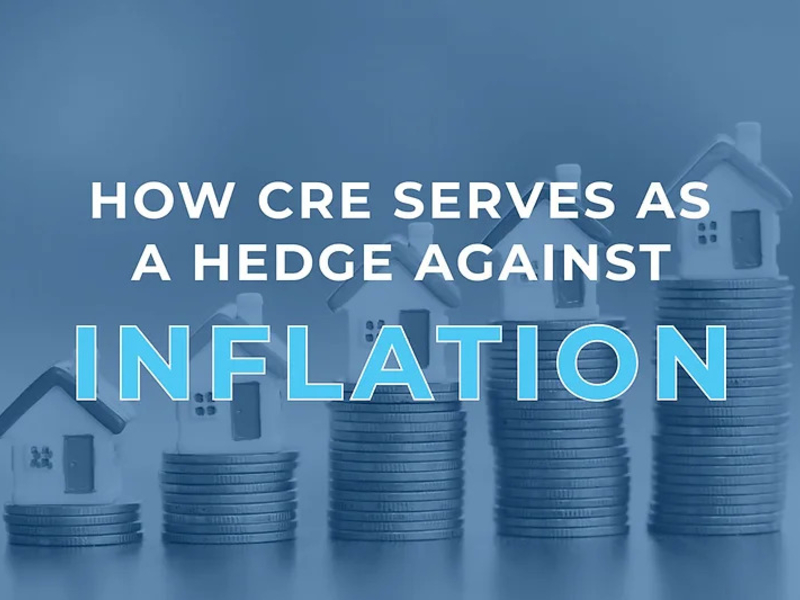With Inflation on the rise, by being strategic about your investments, you can make a wise decision even in these uncertain times.
How to invest in Real Estate amid high inflation-
RESEARCHING THE PROPERTY: Usually, the first step to any kind of investment decision is to conduct research. You should not only look at the property itself, but also the area and the legal due diligence. You should also consider investing in different types of properties across various locations to bear the lesser risk if any areas suffer from stagnant demand at any time.
UNDERSTANDING THE MARKETPLACE: It is necessary to take a good look at the marketplace to figure out if it’s the buyer’s market or seller’s. In inflation, it is possible that properties are being traded for rates far higher than they are worth. You should take some time to do the math around what’s the reasonable rate you could lease it out for.
COST OF PROPERTY: Be sure to factor in the increased cost of living when budgeting for your investment. There are a few ways to invest affordably in an inflationary environment. The first option is to purchase a fix-upper and renovate it: this will save you labor costs and you may be able to sell it for profit down the line. Another option is to invest in a rental property: this will provide you with a steady income stream and you may also be able to increase rent prices as inflation rises.
Things to consider before buying a Physical Real Estate Asset-
1. LOCATION- The location of the property is important because it affects the value of the property and also the rent that can be charged. Also, when inflation is high, properties in prime locations tend to hold their value better than those in less desirable areas.
2. TYPE OF PROPERTY- Different types of properties appreciate at different rates during periods of high inflation. Since businesses still need to operate despite inflation, commercial properties will see a growth in value.
3. RENTAL INCOME- It is necessary to keep in mind how inflation will impact rental rates. For example- with residential properties, most rental agreements are a year long and it is easier to keep pace with inflation.
4. LOOK FOR UNDERVALUED PROPERTIES- During inflation, prices can rise quickly, so it’s important to find currently undervalued properties.
5. HIGH-INTEREST RATES- Interest rates usually follow the suit of rising inflation, so if you’re planning on financing your real estate purchase with a mortgage, you should expect to pay higher interest rates.
To conclude, if you’re considering investing in real estate in the current inflationary environment, it is a great opportunity to invest in a lucrative long-term asset provided you conduct your due diligence before making the decision.
Trending




